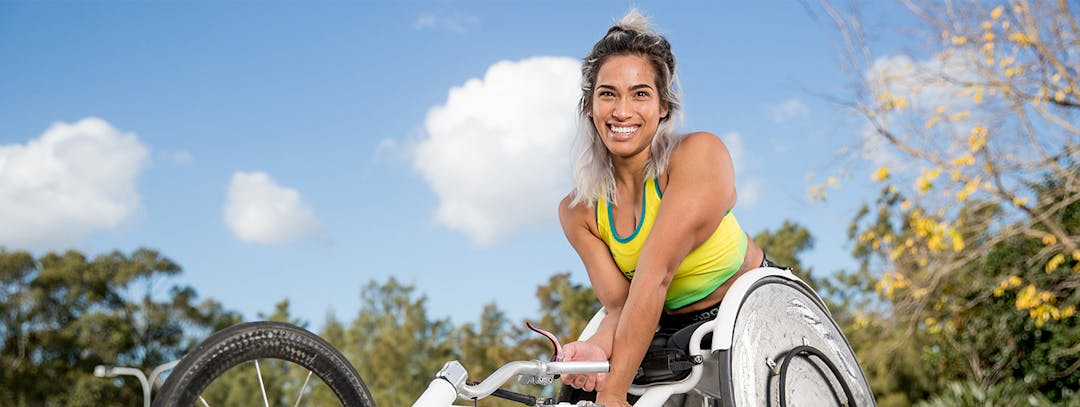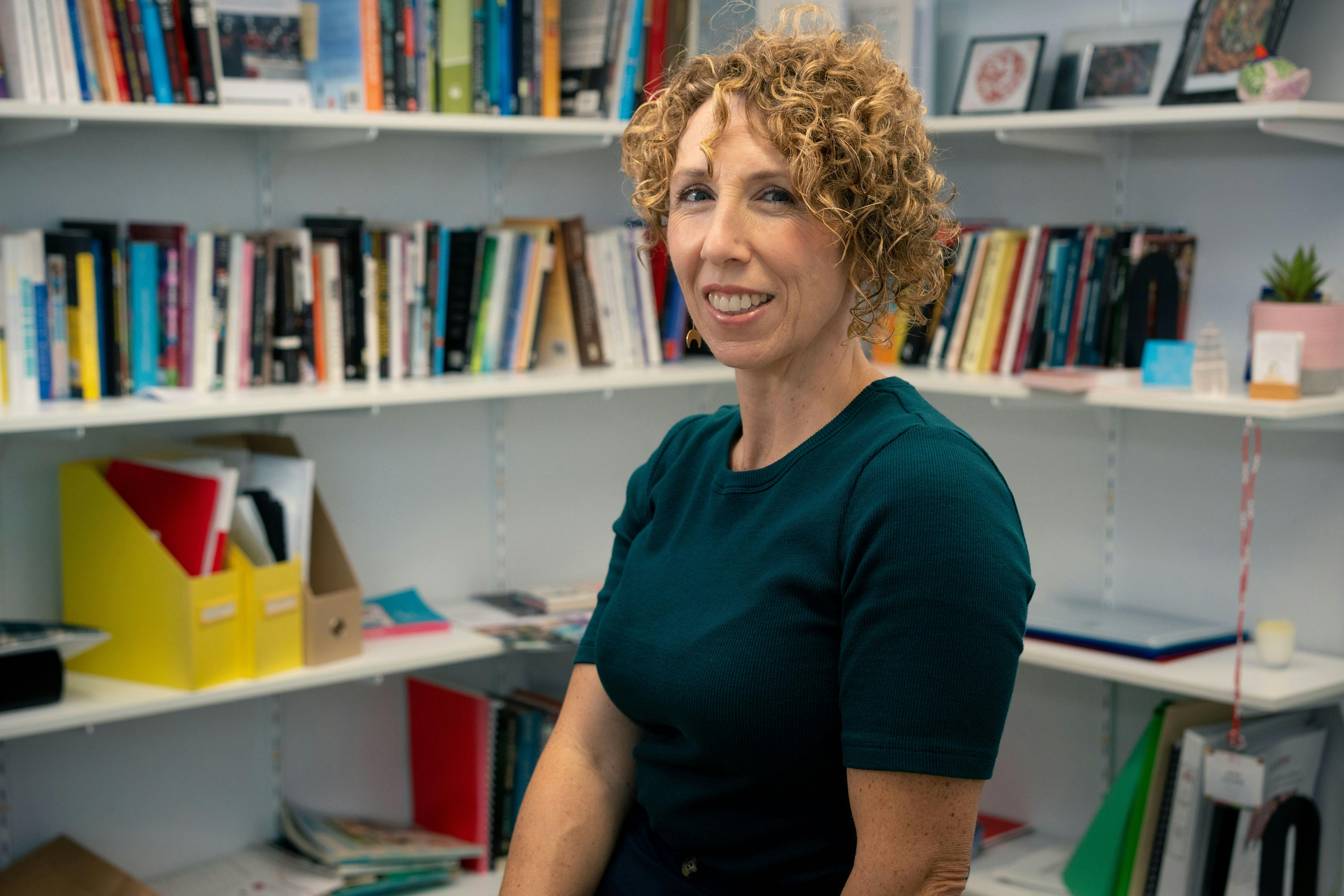BACKGROUND: The 10-year horizon for the Brisbane 2032 Olympic and Paralympic Games presents an opportunity
to lead new research into the inequities and aspirations shaping sport participation to better inform legacy plans for
sustainable change. Legacy planning is the vehicle that will drive the Queensland Government’s (2022) aim of
capitalising ‘on sport and Brisbane 2032 as agents for positive change’ in terms of social, economic and environmental
outcomes. Inspiring community sport participation and healthy lifestyles continues to be a key focus in ‘top-down’
legacy planning for major sport events. Yet the international legacy literature challenges the assumption that sport
participation will automatically increase and be sustained after a major event (Annear, 2019; Misener, Darcy, Legg &
Gilbert, 2013; Kennelly, Thomson, & Toohey, 2020; Veal, Toohey, & Frawley, 2012). Existing literature suggests that
poor sport participation legacy outcomes arise from a lack of early stakeholder engagement, poor or absent baseline
data, and inadequately prepared community sport infrastructure and organisations (Kennelly et al., 2020; Veal et al.,
2012). In addition, there is a lack of research into how gender and intersectional inequalities (disability, culture,
sexuality) across the life course can be addressed through legacy planning for sport participation. This project brings
together a world-leading team of sport scholars to develop an innovative ‘bottom up’ approach that will co-create new
knowledge with communities to better address future needs and maximize benefits from legacy planning for the
Brisbane 2032 Games. As a world first this proposal places gender inequity and embodied differences at the centre of
new knowledge and practice that can deliver national and international benefits through major sport events.
While legacy research has typically focused on what remains post-event, scholars are increasingly acknowledging that
mega-events are merely ‘seed capital’ (O’Brien, 2006, p. 258) waiting for host communities to recognize and shape
opportunities. Identifying and strategically preparing for desired, gender equitable legacies in the pre-event period is
paramount (Kennelly et al., 2020). The innovative focus of this project is twofold. It will develop a much-needed
gender lens on legacy planning and will shift the research focus towards pre-event legacy preparation rather than
traditional post event analysis. Hence, the project involves a fundamental shift from post-hoc, top-down approaches, to
bottom up, creative and inclusive approaches through developing more equitable power relations. This pre-event focus
also connects the current momentum driving gender equity in Australian sport with both individual and institutional
aspirations for social change in the lead up to the Games. The timing of this project is crucial given the contribution to
knowledge that can be made about how legacies can be created outside and alongside formal legacy planning through
engaging individuals and organisations (i.e., beyond organizing committees) in the pre-event period. Leading
international research in a new direction this Australian project will contribute a gender lens to legacy planning by
bringing into dialogue the voices of women, girls and nonbinary people with diverse abilities alongside key sport
stakeholders. Outcomes of the research will inform a rigorous evidence-base for the development of targeted strategies
and investment in future community sport assets and programs that will address inequality and end user needs. The
focus on Brisbane 2032 will provide a leading example of feminist research that can inform international sport event
policy and practice across Olympic and Paralympic agendas for change.
It is widely acknowledged that events on the scale of the summer Olympic and Paralympic Games can transform
nations and catalyse change, yet benefits are not distributed evenly (Darcy, Fraley & Adair, 2017; Foley et al., 2012).
This project explores the transformative potential of the Games with those outside the ‘core’ of sport, to inform megasport
event legacy planning related to places and people. This project is germane as COVID-19 has heavily impacted
Australian community sport (Staley et al., 2021), and has exacerbated gender inequalities among youth, older persons,
those with disabilities, and pre-existing (mental) health conditions. We seek to understand how engagement with
and participation in sport might be reconceptualized through a co-creation approach to legacy planning that
recognises the intersectional workings of power for individuals and organisations. In doing so, we aim to move
beyond a traditionally narrow focus on individual behaviour change, to consider the influence of inequalities and sport
participation aspirations and how these are shaped by the sociocultural, economic and political milieu.







